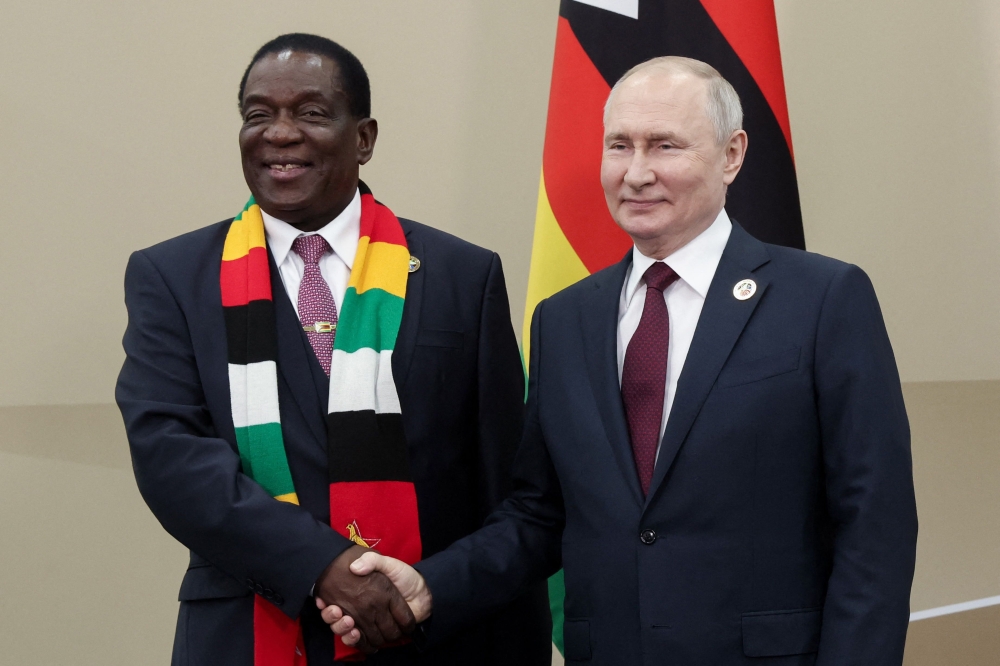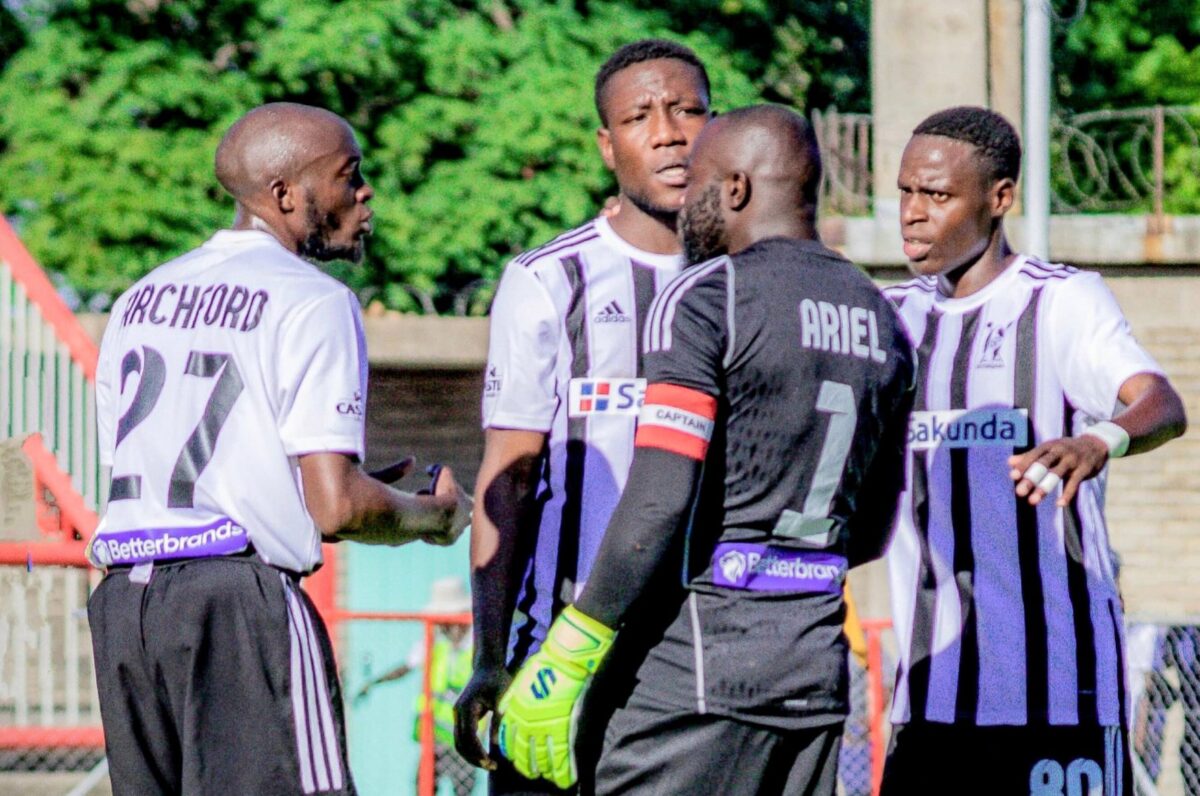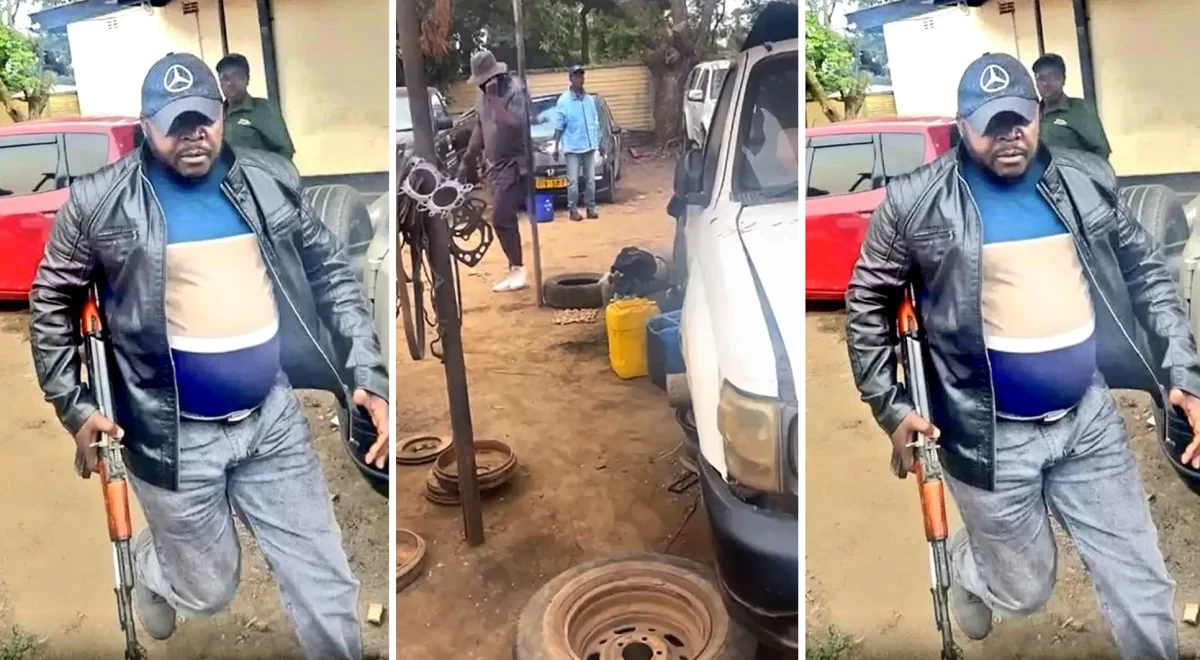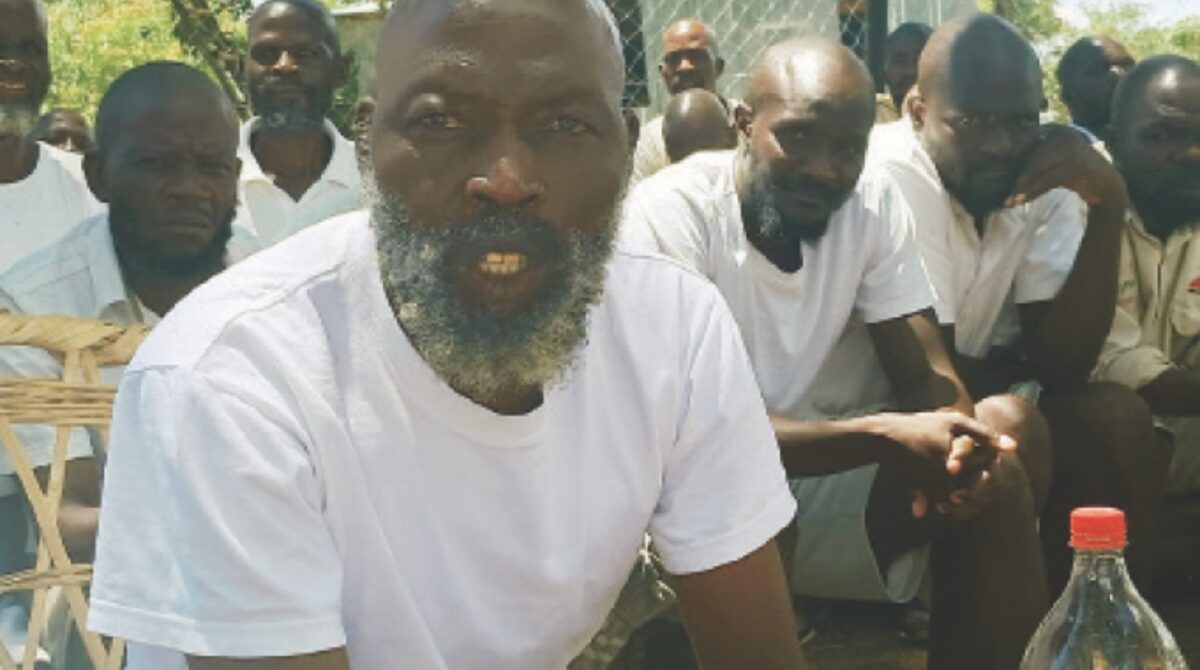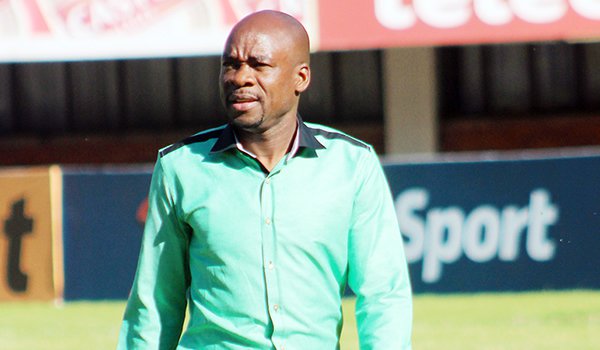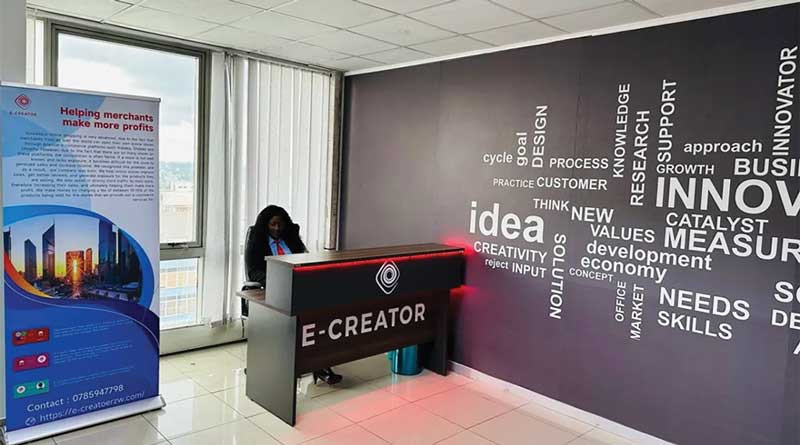ST PETERSBURG, Russia – Zimbabwe stands in solidarity with Russia as it wages war on Ukraine, President Emmerson Mnangagwa said in a meeting with Russian leader Vladimir Putin on Thursday.
In comments that will anger western countries and likely prolong Zimbabwe’s international isolation, Mnangagwa openly chose sides in the war, where other African leaders whose countries enjoy strong relations with Russia have only declared neutrality.
“Zimbabwe is in solidarity with the Russian Federation in your country’s special military operation in Ukraine,” Mnangagwa declared, reading from a prepared speech.
On Thursday, during a speech to at the Russia Africa summit in St Petersburg, Putin pledged to donate 50,000 tonnes of free grain to Zimbabwe.
He also gifted Mnangagwa with a Mil Mi-38 helicopter worth US$16 million.
Meanwhile, the African Union on Friday urged Putin to move ahead with its peace plan to end the Ukraine conflict and to renew a deal on the safe wartime export of Ukrainian grain that Moscow tore up last week.
While not directly critical of Russia, African leaders’ interventions on the second day of the summit were more concerted and forceful than those that African countries have voiced until now.
They served as reminders of the depth of African concern at the consequences of the war, especially rising food prices.
“This war must end. And it can only end on the basis of justice and reason,” African Union Commission Chairman Moussa Faki Mahamat told Putin and African leaders in St Petersburg.
“The disruptions of energy and grain supplies must end immediately. The grain deal must be extended for the benefit of all the peoples of the world, Africans in particular.”
The African plan floats a series of possible steps to defuse the conflict including a Russian troop pull-back, removal of Russian tactical nuclear weapons from Belarus, suspension of an International Criminal Court arrest warrant against Putin, and sanctions relief.
Putin gave it a cool reception when African leaders presented it to him in June. On Friday, he said Moscow respected the proposal and was carefully studying it, with Ukraine due to be discussed later at a working dinner.
Congo Republic President Denis Sassou Nguesso said the African initiative “deserves the closest attention”, calling “urgently” for peace.
Senegalese President Macky Sall called for “a de-escalation to help create calm”, while South African President Cyril Ramaphosa said he hoped that “constructive engagement and negotiation” could help end the conflict.
The stream of calls prompted Putin repeatedly to defend Russia’s position and place the blame on Ukraine and the West.
He said it was Kyiv that was refusing to negotiate under a decree passed shortly after he claimed last September to have annexed four Ukrainian regions that Russia partly controls.
Russia has long said it is open to talks but that these must take account of the “new realities” on the ground.
Ukrainian President Volodymyr Zelenskiy has rejected the idea of a ceasefire now that would leave Russia in control of nearly a fifth of his country and give its forces time to regroup after 17 grinding months of war.
AU chair Azali Assoumani offered some support for Putin’s line, saying the Russian leader had shown his readiness to talk, and “now we have to convince the other side”.
At the summit, Egyptian President Abdel Fattah al-Sisi urged Russia to revive the Black Sea grain deal which, until Moscow refused to renew it last week, had allowed Ukraine to export grain from its ports despite the conflict.
Egypt is a big buyer of grain via the Black Sea route, and Sisi told the summit it was “essential to reach agreement” on reviving the deal.
Putin responded by arguing, as he has in the past, that rising world food prices were a consequence of Western policy mistakes long predating the Ukraine war.
He has repeatedly said Russia quit the agreement because the deal was not getting grain to the poorest countries and the West was not keeping its side of the bargain.
Russia’s withdrawal and its bombardment of Ukrainian ports and grain depots have prompted accusations from Ukraine and the West that it is using food as a weapon of war, and driven the global wheat price up by some 9 percent.
The Ukrainian Grain Association estimated in May that 4 million metric tons of Ukrainian grain had been stolen since Russia launched its full-scale invasion in February last year.
On Thursday, Putin promised to deliver up to 300,000 tons of free Russian grain – which U.N. Secretary-General Antonio Guterres called a “handful of donations” – among six of the countries attending the summit, including Zimbabwe.
Assoumani said Putin’s offer might not be enough, and what was needed was a ceasefire.
Putin was seeking to use the event to inject new momentum into Russia’s ties with Africa and enlist its support in countering what he describes as U.S. hegemony and Western neo-colonialism.
Many of the leaders had warm words for Moscow’s record of support for their countries in their 20th-century liberation struggles, and the final declaration promised Russia would help them seek compensation for the damage done by colonial rule and secure the restoration of plundered cultural treasures.
The leaders of Mali and Central African Republic, whose governments have relied heavily on the services of Russia’s Wagner mercenary group, both expressed gratitude to Putin.
President Faustin Archange Touadera said CAR’s relations with Russia had helped it to save its democracy and avoid a civil war, thanking Russia “for helping us to oppose foreign hegemony”. – Reuters
